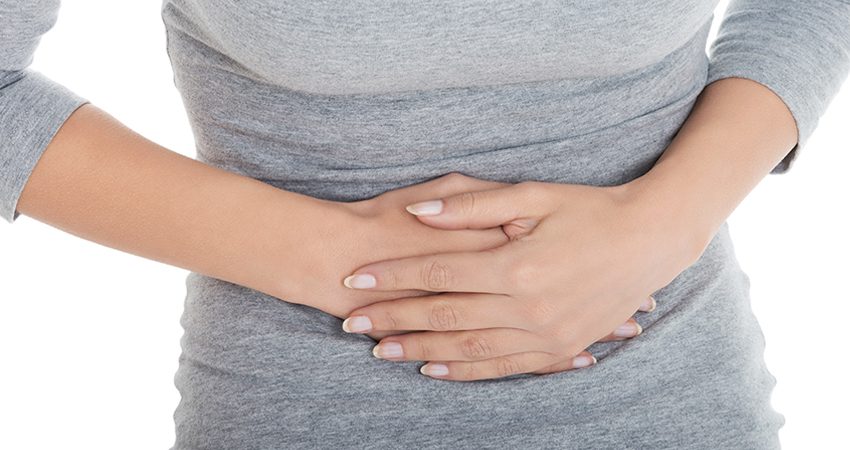What To Eat After Filling

Filling, also known as cavity filling, is a common dental procedure used to treat tooth decay. After the procedure, it’s essential to take good care of your teeth and mouth to ensure a smooth recovery. One of the most common questions patients ask their dentists is, “What can I eat after filling?” The answer depends on the type of filling you received and your individual needs.
Immediate Post-Filling Care (First 24 hours)
After a filling, your tooth may be sensitive, and your mouth may feel numb due to the anesthesia. During this time, it’s crucial to stick to a soft-food diet to avoid discomfort and potential damage to the filling. Here are some guidelines for the first 24 hours:
- Choose soft, easy-to-chew foods like yogurt, scrambled eggs, mashed potatoes, and soups.
- Avoid hot, cold, or spicy foods and drinks, as they can irritate the tooth and surrounding tissues.
- Refrain from chewing or biting on the filled tooth until the numbness has worn off.
- Drink plenty of water to stay hydrated and help flush out any debris.
Optimal Food Choices
Once the initial sensitivity has subsided, you can gradually introduce more solid foods into your diet. Here are some optimal food choices:
- Fruits: Fresh fruits like bananas, avocados, and berries are excellent choices. They’re soft, easy to chew, and rich in fiber, vitamins, and minerals.
- Vegetables: Cooked vegetables like green beans, carrots, and peas are gentle on the teeth and filling. Avoid raw, crunchy, or hard vegetables that can cause discomfort.
- Proteins: Opt for soft protein sources like cooked chicken, fish, or tofu. Avoid chewy or tough meats that can put pressure on the filling.
- Dairy: Dairy products like milk, cheese, and yogurt are excellent sources of calcium, which is essential for tooth health.
- Grains: Soft grains like pasta, rice, and oatmeal are easy to chew and can help you feel full.
Foods to Avoid
Some foods can potentially damage the filling or cause discomfort. Here are some foods to avoid or limit:
- Hard or crunchy foods: Nuts, seeds, popcorn, and hard candies can damage the filling or cause discomfort.
- Sticky or chewy foods: Caramels, toffees, and chewing gum can stick to the filling and cause problems.
- Acidic foods: Foods high in acidity, like citrus fruits or tomatoes, can erode the tooth enamel and affect the filling.
Additional Tips
- Chew slowly and carefully to avoid putting excessive pressure on the filled tooth.
- Avoid using your teeth as tools, such as opening packages or biting your nails.
- Practice good oral hygiene by brushing and flossing regularly to prevent further tooth decay.
- Schedule a follow-up appointment with your dentist to ensure the filling is healing properly and to address any concerns.
By following these guidelines and taking good care of your teeth, you can enjoy a smooth recovery and maintain good oral health. Always consult with your dentist if you have specific questions or concerns about your filling or diet.


